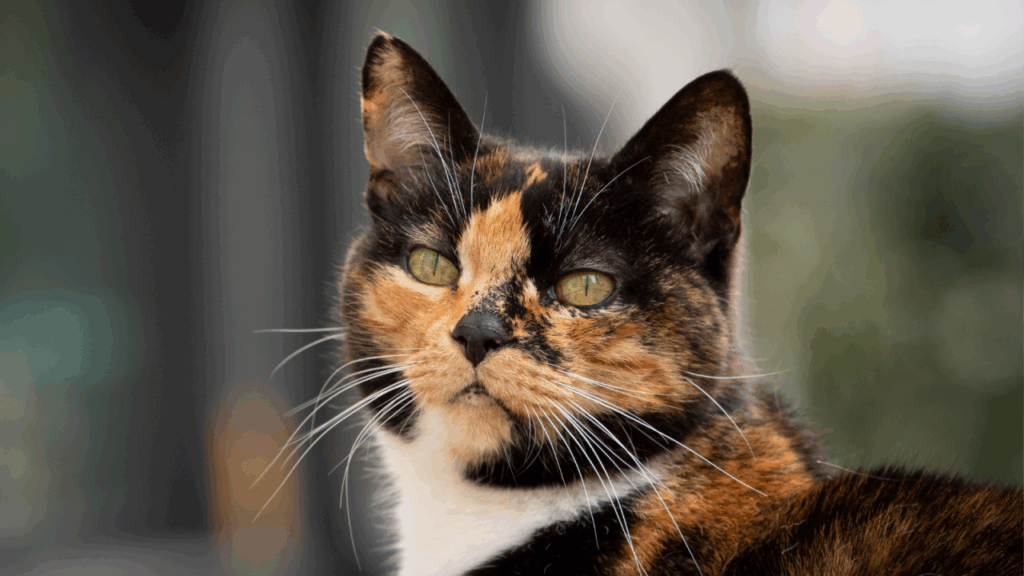When summer arrives, most pet owners know it’s time to think about keeping their pets cool and comfortable. Each species faces challenges during hot weather. At River Rock Animal Hospital, we understand that comprehensive summer pet safety extends from cats and dogs to the exotic animals that bring such joy to our lives. Our commitment to caring for all types of companions means helping you navigate the specific needs of every creature in your family.
Temperature Regulation and Your Pet
Different animals have vastly different mechanisms for coping with heat. Dogs and cats are perhaps the most vulnerable to overheating, as they lack efficient sweat glands and must rely on panting (for dogs) or behavioral changes to cool down. However, small mammals like rabbits, guinea pigs, and hamsters are equally at risk, as they may suffer heat stress in warm weather as well.
If your pet becomes too hot, they can suffer from heatstroke. This occurs when their natural body temperature exceeds a certain threshold. Your pet may be suffering from heatstroke if they display symptoms like rapid panting, lethargy, vomiting, and confusion.
Birds present unique challenges, as many species are naturally equipped for warmer climates but can still suffer from overheating in enclosed spaces. Reptiles, while often heat-loving, require careful temperature gradients and can become dangerously overheated if their enclosures lack proper cooling zones.
For any suspected heat-related emergency, immediate cooling measures should be gentle and gradual. Never use ice water or extreme temperature changes, as these can cause shock. Move affected animals to cool environments and contact your veterinarian immediately.
Pre-Summer Health Preparations for All Pets
Summer preparation involves pre-season health assessments from a veterinarian to make sure your pet is ready for weather changes, increased activity levels, and outdoor adventure.
Cats and dogs should be up-to-date on all of the vaccinations, especially if you are taking your pet with you on vacation. While parasite prevention should be given all year, summertime means an increase in activity from pests like heartworm-carrying mosquitoes, as well as fleas and ticks. Talk to your veterinarian about getting your pet on a preventative if they aren’t already on one.
Other pets can also benefit from an annual check-up to make sure that they are healthy, receiving enough hydration, and have enclosures that will maintain the proper temperature.
Creating Pet-Safe Summer Environments
Environmental management becomes complex when caring for multiple species with different temperature requirements. Dogs and cats need access to cool, shaded areas and fresh water, but small mammals require even more controlled environments. Providing multiple water sources, frozen treats, and cooling accessories like ceramic tiles gives small mammals options for temperature regulation.
For caged animals, location matters significantly. Move enclosures away from direct sunlight and heat sources to prevent dangerous temperature spikes.
Birds need special consideration regarding air circulation and humidity levels. While they may enjoy supervised outdoor time, their enclosures should remain in climate-controlled environments. Reptiles require careful monitoring of basking and cooling areas, as even heat-loving species need temperature gradients to regulate their body temperature effectively.
Summer Outdoor Safety for Cats and Dogs
Early morning and late evening provide safer temperature ranges for pets to be outside. Always test ground temperatures before allowing any pet to walk on pavement or concrete surfaces. If the pavement feels too hot for your hand after a few seconds, then it is definitely too hot for your pet.
While many dogs love water activities, not all are natural swimmers. Introduce water gradually and consider life jackets for boat trips or swimming in deep water. Always supervise pets around pools, lakes, and oceans, and rinse them with fresh water after swimming to remove chlorine, salt, or bacteria.
Be mindful of summer hazards in your yard and on walks. Certain plants, fertilizers, and pest control products can be toxic if ingested. Keep lawn chemicals and garden tools safely stored away from curious pets.
Read up on heat safety tips from AAHA.
Summer Safety with Veterinary Care in Midland, MI
Summer safety for pets requires understanding that one size doesn’t fit all when it comes to animal care. Each species has specific needs that become more critical during hot weather. By recognizing these differences and preparing accordingly, you can ensure all your animal companions enjoy a safe, comfortable summer season. River Rock Animal Hospital has veterinary services for cats, dogs, and exotic pets in Midland, and from neighboring communities like Auburn and Beaver. Schedule an appointment for a check-up this summer.






